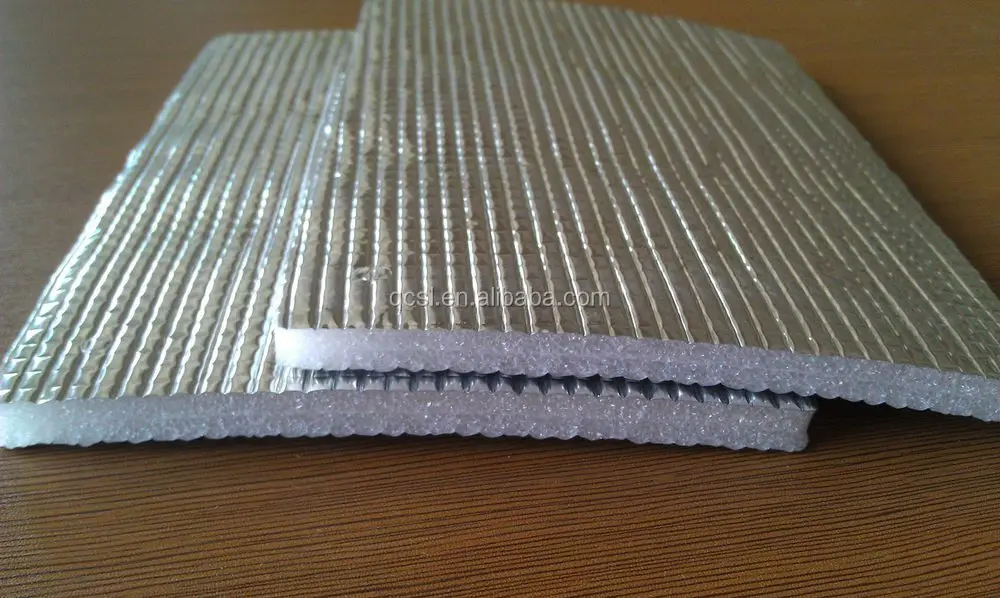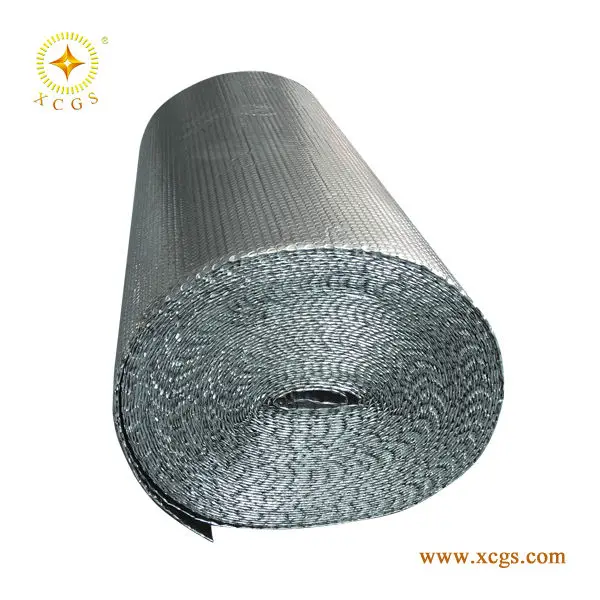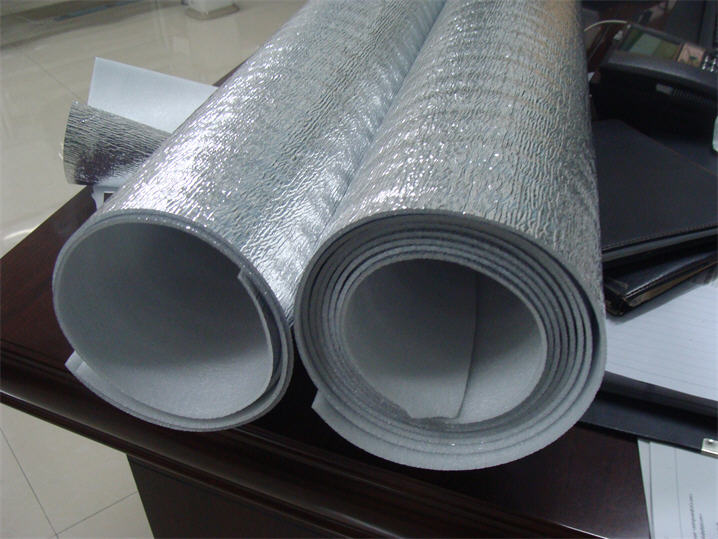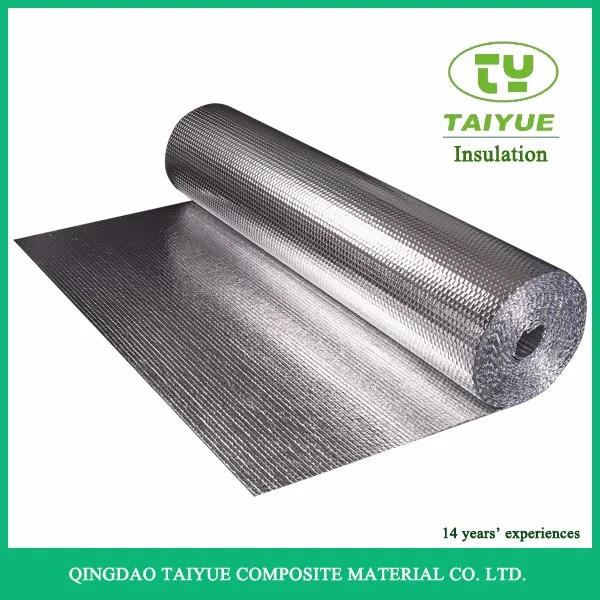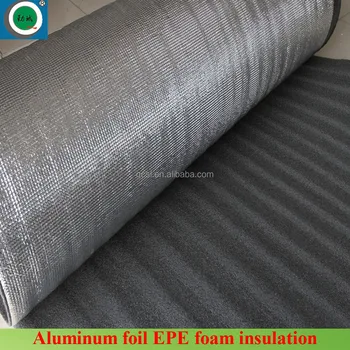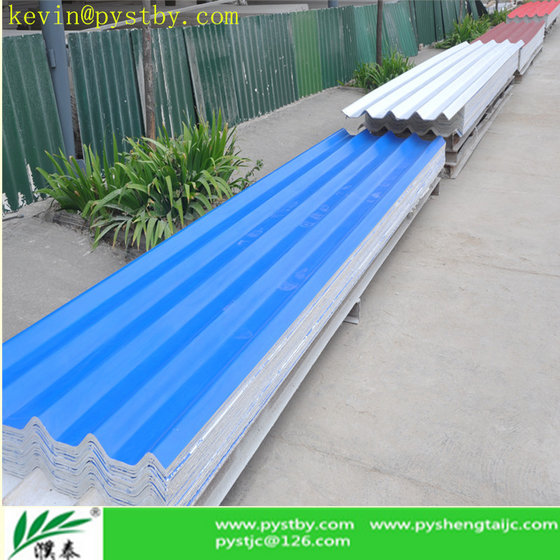500 sqft 4ft x 125ft of nasa tech commercial grade perforated no tear green energy radiant barrier reflective insulation attic foil roof attic house wrap scif rifd.
Foil anti heat roof insulation.
Reflects 97 of radiant heat emits less than 3 of heat class 1 class a fire rated radiant barrier that has passed the astm e84 test astm e2599.
Unlike thermal insulation like fiberglass batts or blown cellulose radiant barrier insulation has no r value and is usually made of foil.
Our heat wave pro thermal insulation blanket is made by filling two strong foil outer layers with a jute material and natural cotton denim fibers.
Perforated breathable metalized attic foil house wrap reflective insulation blocks 95 of heat.
Our product is easy to handle and install.
In the winter most of the heat that escapes through your ceiling and roof is radiant heat.
Does not compress collapse or disintegrate.
The foil insulation is typically installed under the roof deck.
Check out past warehouse insulation projects the oj insulation team has completed in southern california.
4 8 out of 5 stars 169.
4 6 out of 5.
Although standard fibrous attic insulation like fiberglass blocks conductive heat loss in the winter it is not very effective at blocking the radiant heat from a hot roof in the summer.
Industrialized strength lightweight yet durable insulation designed to hold staples without tearing.
Reflectix insulation has over 20 energy saving applications for reflectix insulation has over 20 energy saving applications for around the home.
The jute and denim are treated for fire mold and mildew resistance.
Reflectix requires only basic tools.
The large majority of the heat lost from your home in the cold months exits through your attic that s why insulation on the attic ceiling walls and floor are so important.
The list of uses includes crawl space radiant floor attic and walls.
Foil insulation is a radiant barrier and it works by reflecting heat from the metal but for it to do its job there has to be a layer of air between the roofing and the foil.
While traditional insulation materials work by slowing down conductive and convective heat flow radiant barriers and other reflective insulation systems work by reducing radiant heat flow.
This helps the roof reflect rather than absorb heat from the sun which helps keep the work environment cooler and more comfortable.
Radiant barriers are installed in the attic by stapling the material to the underside of the roof deck normally on the rafters.
A stapler tape measure utility knife straight.

